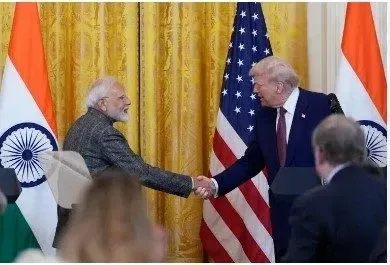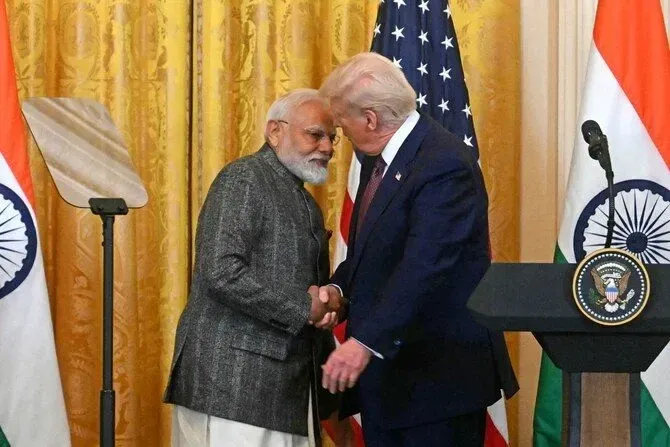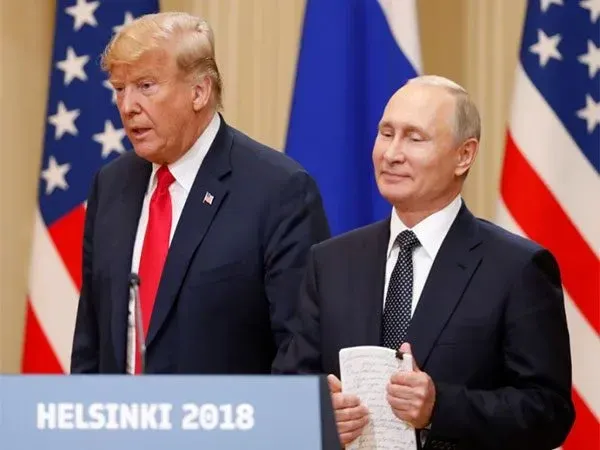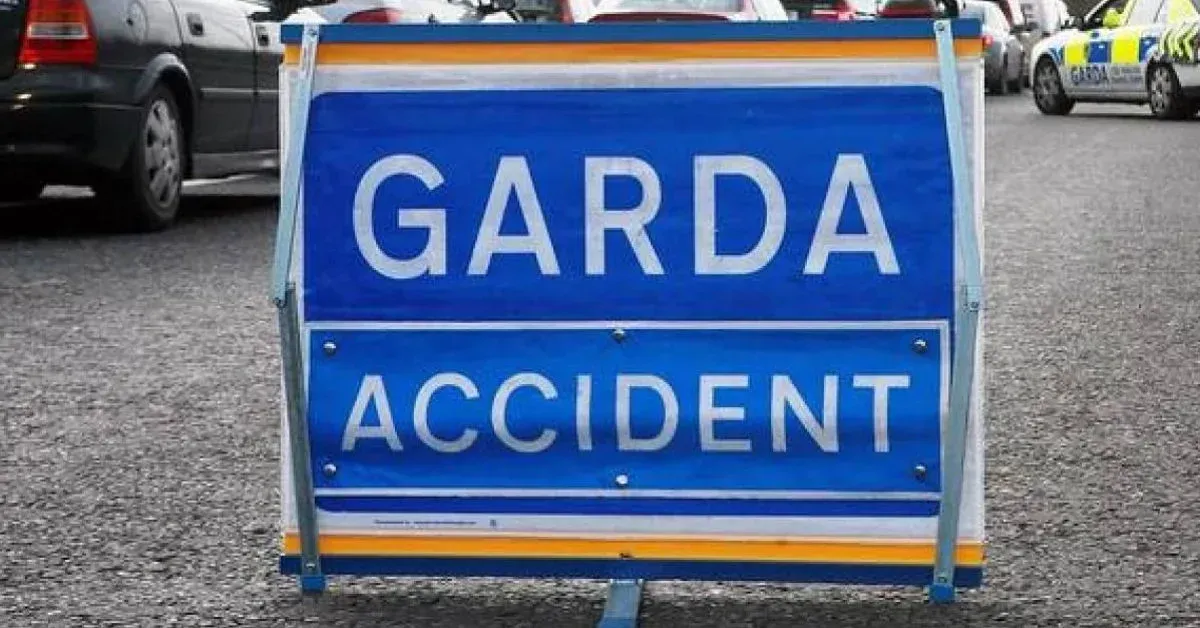Behind Modi’s US visit, a hidden narrative: shackled Indian deportees expose a shared anti-immigrant stance, mirroring Trump’s crackdown and revealing deeper economic fractures.
The stark image of Indian men, bound and chained, descending from a military plane onto Indian soil, sent shockwaves through the nation. These were not criminals, but desperate souls, victims of broken promises and shattered dreams, deported from the United States under President Trump’s relentless crackdown. As Prime Minister Narendra Modi prepared for his White House visit, the air crackled with a silent tension. Would he champion these forgotten citizens, or would political expediency prevail? This story isn’t just about immigration; it’s about the human cost of ambition, the silent pact between leaders, and the stark realities hidden beneath nationalistic fervor.
A Nation’s Shame, A Leader’s Silence
The echoes of Rahul Gandhi’s protest, handcuffs glinting under the harsh Delhi sun, still reverberate. “How can we allow our people to be treated like this?” he demanded, his voice laced with outrage. “These are not mere statistics; they are human beings, our brothers and sisters.” But when Modi faced the press in Washington, his response was measured, almost detached. “We are fully prepared to bring back illegal migrants,” he stated, attributing their plight to “human trafficking” and the lure of “big dreams.”
The Meek Response and the Shadow of Shared Ideologies
This subdued tone, a stark contrast to Modi’s usual fiery rhetoric, raised eyebrows. Was it merely a strategic maneuver to avoid a diplomatic clash with Trump, especially amidst sensitive trade negotiations? Or did it reveal a deeper alignment on immigration policies? “It felt like a betrayal,” recounted a fictional relative of a deportee, their voice thick with disappointment. “We expected him to fight for us, to demand justice. Instead, he spoke of us as if we were criminals.”
The Economic Divide and the Undocumented Reality
To understand Modi’s stance, one must delve into the complex tapestry of India’s economic realities. The nation boasts a surging economy, yet beneath the surface lies a stark divide. The top 1% controls a staggering 40.1% of the national wealth, while millions languish in extreme poverty. “India’s economic success is a mirage for many,” explained economist Anjali Sharma, “The gap between the rich and the poor fuels desperation, driving people to seek opportunities abroad, often through perilous means.”
The Pew Research Center estimates that approximately 700,000 undocumented Indian immigrants reside in the US, a testament to this desperation. These individuals, often from impoverished backgrounds, represent a stark contradiction to the narrative of a prosperous, rising India. They are the human embodiment of the nation’s internal contradictions, a reality Modi seems keen to suppress.

The Echoes of Anti-Immigrant Rhetoric
Modi’s reluctance to confront Trump on this issue finds a disturbing parallel in his own government’s rhetoric on undocumented immigration within India. For years, right-wing politicians have painted a grim picture of a nation besieged by “illegal immigrants,” particularly from Bangladesh. Former Minister Kiren Rijiju claimed 20 million, while Home Minister Amit Shah inflated the figure to 40 million, and other right wingers have claimed 50 million. These numbers, devoid of factual basis, serve a sinister purpose.
“It’s a calculated strategy,” said political analyst Rohan Desai. “By demonizing undocumented immigrants, they deflect attention from the government’s own failures and stoke fears among the majority population.” The language used is chilling: “termites,” “infiltrators,” “demographic invasions.” These words dehumanize, creating an “us vs. them” narrative that fuels division and justifies harsh measures.
Fear and the Erosion of Citizenship
Vice President Jagdeep Dhankhar’s warnings of “demographic upheaval” and the threat to “Hindu ethnic identity” echo Trump’s own rhetoric about “invaders” and the erosion of national identity. This shared language reveals a disturbing alignment, a willingness to exploit fears for political gain.
The Citizenship Amendment Act of 2019, which excluded Muslim refugees from neighboring countries, stands as a stark example of this exclusionary ideology. It’s a policy that prioritizes religious identity over human rights, a move that critics see as a direct assault on India’s secular foundations.
The Human Cost of Political Expediency
The stories of those deported are heart-wrenching. They speak of broken promises, of dreams shattered on the harsh reality of detention centers and deportation flights. “We were told America was the land of opportunity,” recounted a fictional deportee, their voice trembling. “Instead, we found only fear and despair.”
These individuals are not mere statistics; they are fathers, mothers, sons, and daughters, caught in the crossfire of political maneuvering. Their plight serves as a stark reminder of the human cost of policies driven by ideology and expediency.
Conclusion:
Modi’s silence on the issue of undocumented Indian immigrants in the US speaks volumes. It reveals a willingness to prioritize political alliances over the well-being of his own citizens. It exposes the deep-seated contradictions within India’s economic narrative and highlights the disturbing parallels between the anti-immigrant rhetoric in India and the US.
The shackled dreams of these deportees serve as a stark reminder of the human cost of political expediency. They are a mirror reflecting the darker aspects of nationalism and the silent pacts that often betray the most vulnerable among us.
What can you do? Educate yourself about the realities of immigration. Share these stories. Demand accountability from your leaders. Support organizations working to protect the rights of immigrants. Let’s break the silence and ensure that the voices of the marginalized are heard.
Remember to keep researching and learning. The truth is often complex and nuanced.







